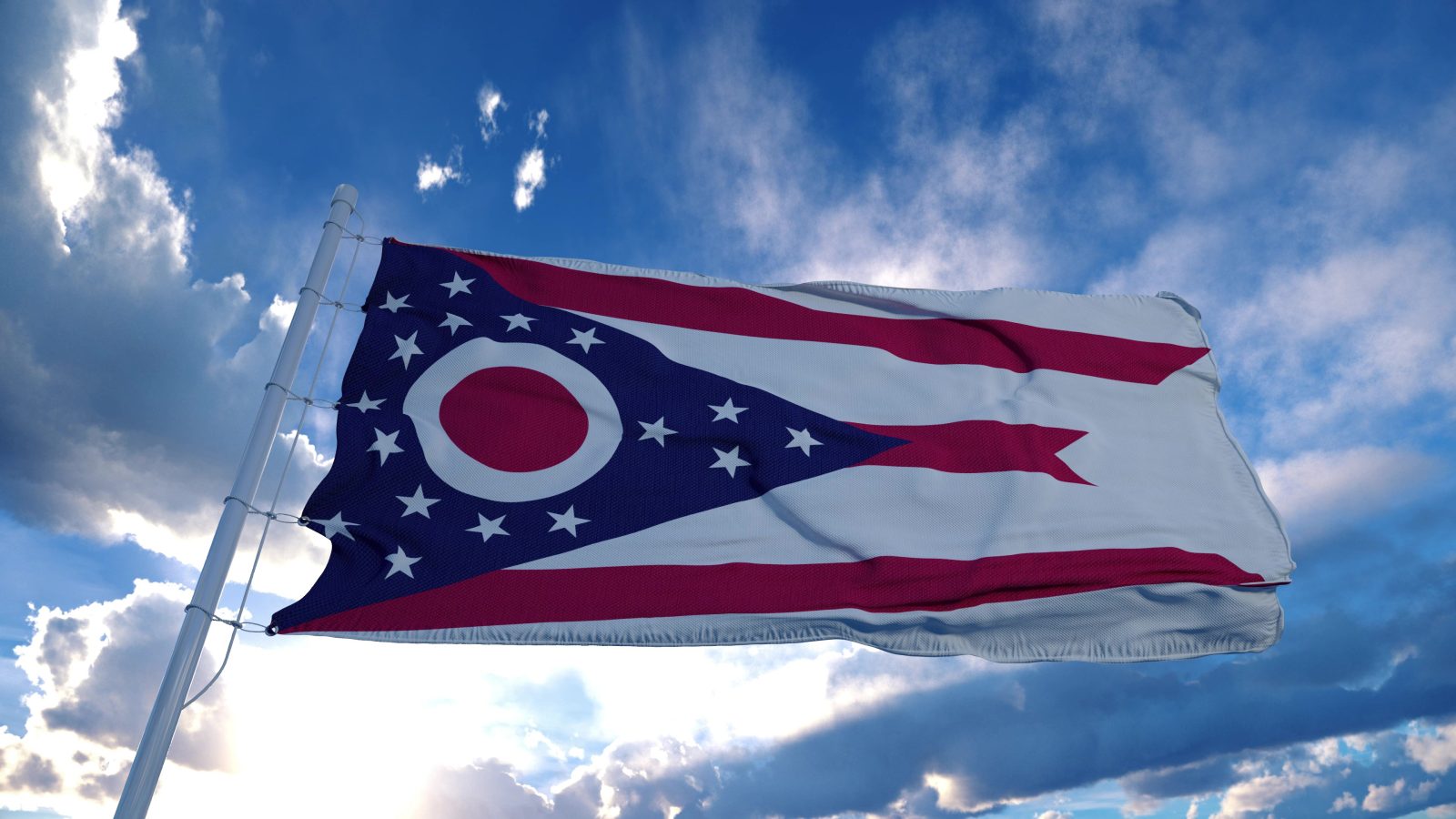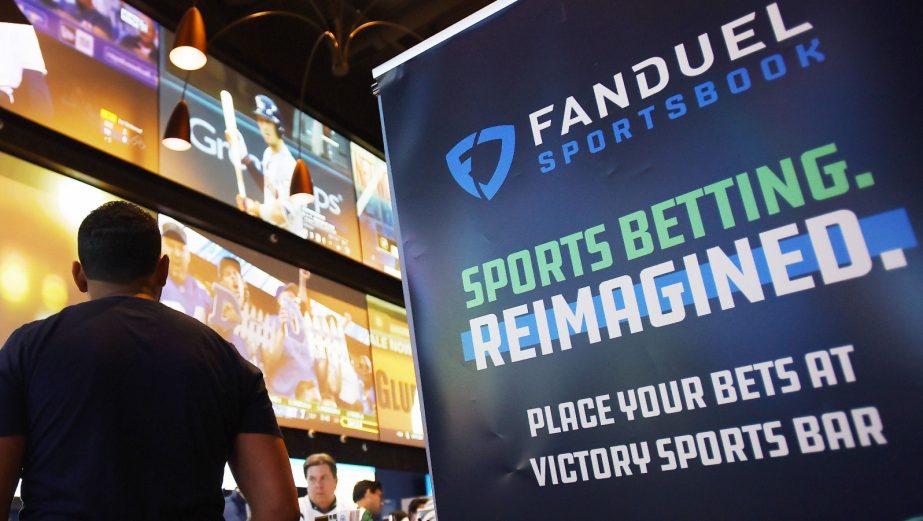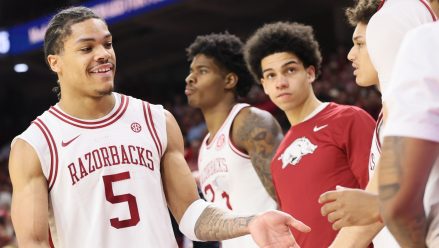The Ohio Casino Control Commission (OCCC) warned sportsbooks in a letter sent to licensees Monday that their licenses could be at risk if they offer sports event contracts.
The letter, first reported by The Closing Line, appears to be the first instance of a regulator outright telling operators that involvement with prediction markets may put licenses in danger.
The letter follows recent moves by major sportsbooks toward getting into the world of prediction markets. FanDuel announced last week that it would partner with commodities trading giant CME to launch an event contracts marketplace, which would be regulated by the Commodity Futures Trading Commission (CFTC) as a futures commission merchant (FCM).
FanDuel’s announcement of the marketplace said that it would include economic and financial benchmarks, but did not mention sports.
DraftKings, meanwhile, also seems to be exploring the prediction market space, having filed a new application to register with the National Futures Association, an industry body for marketplaces and brokers offering futures, including events contracts. It had put in an earlier application that was withdrawn in March.
DraftKings was also reportedly looking into a deal to buy prediction market Railbird, which is already licensed by the CFTC as a designated contract market (DCM). However, last week, Earnings + More reported that those talks have “fallen apart,” according to unnamed sources.
The letter from the OCCC appears to reference both market leaders’ efforts to explore the prediction markets space.
“The Commission understands that sports gaming licensees may be considering entering the prediction market landscape,” the letter said. “Well-known sports books have apparently explored making sporting event contracts available outside of the ambit of their licensure with the Commission. Reports range from sportsbooks planning to enter the prediction marketplace by acquiring an existing Designated Contract Market (‘DCM’), becoming a DCM or a Futures Commission Merchant (‘FCM’), or associating or partnering with a DCM or FCM directly or indirectly to offer sporting event contracts outside of the regulatory framework of state gaming regulators.”
Warning specifically concerns sports
The OCCC warned it may take action, including potentially rescinding licenses, if any Ohio-licensed sports betting operator ultimately offers event contracts on sports.
However, the letter does not mention any action against those offering non-sporting prediction markets.
“If an Ohio sports gaming licensee chooses to offer sporting event contracts in Ohio through their own DCM or FCM (or those under common ownership or operated by a related entity), or decides to associate, coordinate, or otherwise partner directly or indirectly with entities offering or facilitating the offering of sporting event contracts in Ohio, the Commission will consider these choices as it evaluates the continued suitability of a sports gaming licensee, including key employee licensees, to maintain a license,” the letter said.
The commission suggested that even if an operator blocks access to sports event contracts from Ohio on its own platform, it could still face action if it partners with an organization that offers the contracts in Ohio through the partner’s site.
That may prevent sportsbooks from partnering with Kalshi, which offers sports event contracts in all 50 states and has argued that it cannot cut off block individual states as the CFTC requires it offer “impartial access” to its markets.
“Even if a sports-gaming licensee in Ohio geofences or takes other actions to restrict Ohioans from accessing sporting event contracts in the prediction markets, that are otherwise offered to their patrons outside Ohio, this may not alleviate the suitability concern if the licensee associates, coordinates, or partners with a company offering or facilitating the offering of these sporting event contracts in Ohio,” the letter said. “The Commission will consider a licensee’s choices to associate with a company operating illegally in this State and may take administrative action against any licensee that does.”
States continue to grapple with the rise of sports event contracts — which allow users to bet on the outcomes of sporting events, but are regulated as financial products rather than gambling — as well as the prediction markets that offer these contracts. Ohio sent a cease-and-desist order to Kalshi in March, though Kalshi’s sports event contracts remain available in the state, with no apparent action taken. Kalshi has sued three states that attempted to enforce their cease-and-desists against the business: Nevada, New Jersey, and Maryland.






